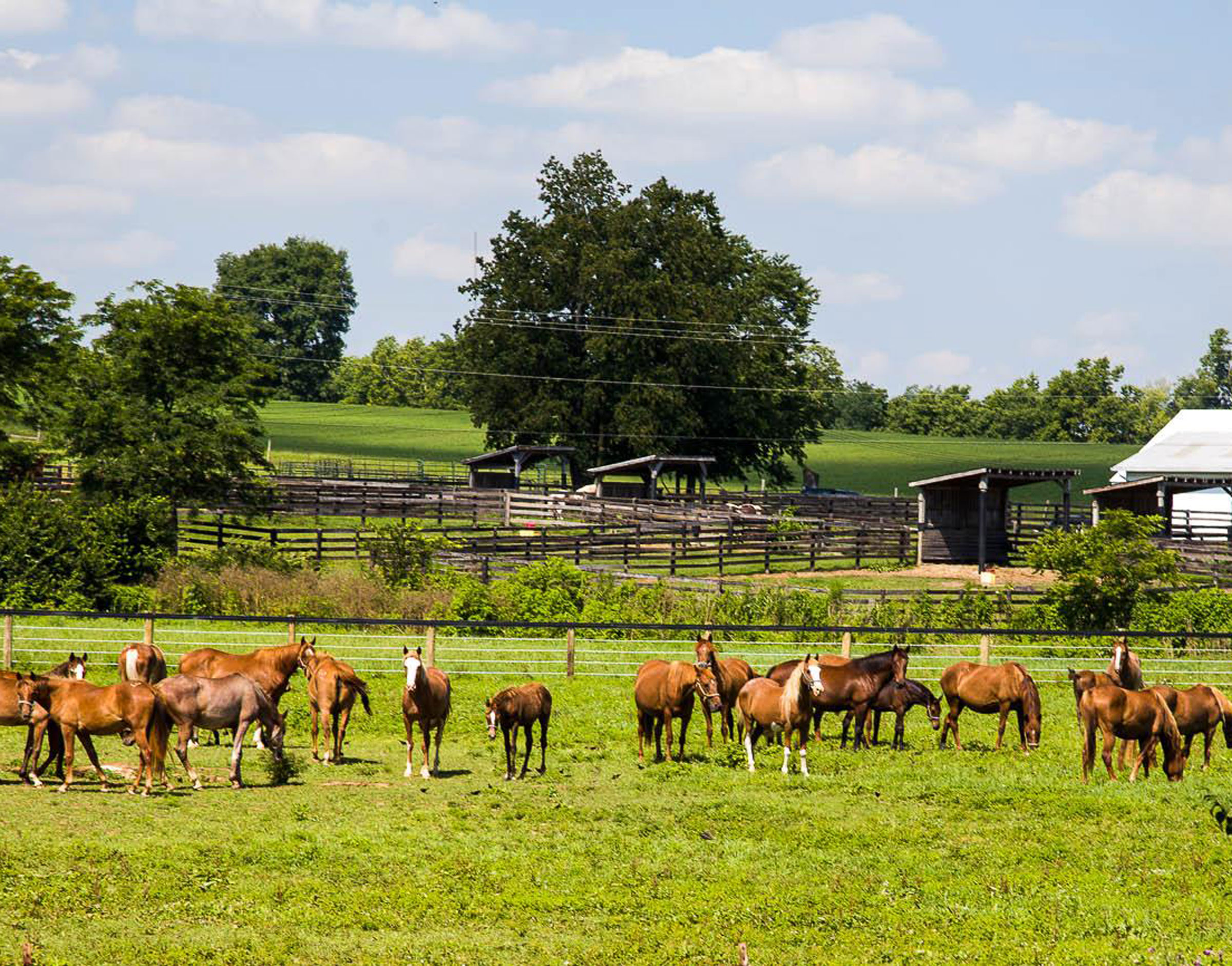
An ongoing and increasing problem with horse health is managing internal parasites. An ongoing and increasing problem with equine research is funding. Martin Nielsen, an associate professor and Schlaikjer Professor of Equine Infectious Disease at the University of Kentucky’s Gluck Equine Research Center, is seeking the public’s help in maintaining two historic herds of horses used for internal parasite research.
What makes these horses so special? One herd is harboring multi-drug-resistant parasites, and the other herd has been kept without deworming since 1979!
Nielsen said that University of Kentucky parasite researchers Dr. Eugene T. Lyons (who died on December 7, 2017) and Dr. Harold Drudge established these research herds in 1979. He said these herds are “an invaluable resource” for the parasitology research program today.
“We feel privileged to have these horses and ponies available to us, and we are determined to maintain these historical herds and continue this long-standing research,” said Nielsen. “State and federal funding to universities is being reduced every year, and equine-specific research grants are very limited. Therefore, we rely heavily on private support. The yearly cost for these herds is $100,000.”
https://www.youtube.com/embed/maO9TxwFYP4
Four decades of research with these herds have led to numerous publications reporting the following results:
- Epidemiology of important equine parasites. Impact of age, seasonality and immunity.
- Documentation of how parasites responded to typical deworming schedules by becoming multi-drug resistant.
- Documentation of how drug resistance does not disappear once it has developed, regardless of whether the horses are dewormed or not.
- Development of new diagnostic methods for detection of important equine parasites, including a blood test for bloodworms, and ultrasound method for ascarids, and a smartphone-based automated egg counting system.
- Evaluation of novel deworming programs, such as various forms of combination-deworming.
- Molecular studies of mechanisms behind drug resistance.
If you want to help support these two historic herds of horses at the University of Kentucky, please visit their DONATION PAGE.


